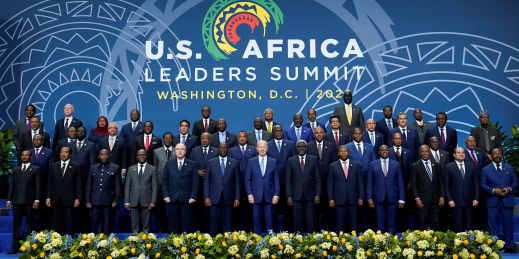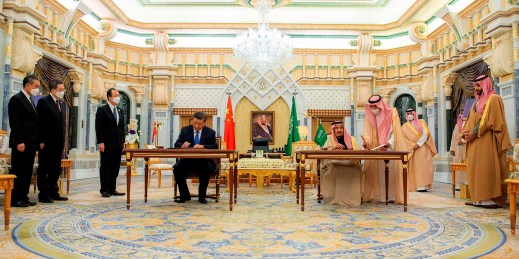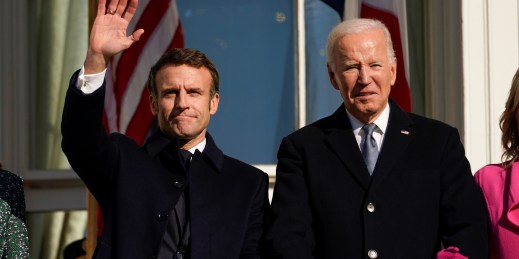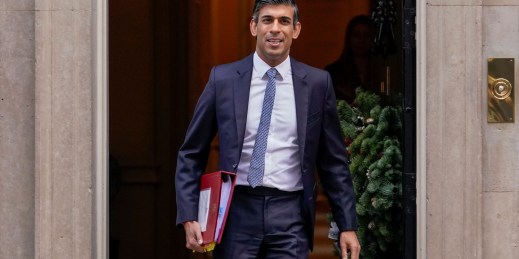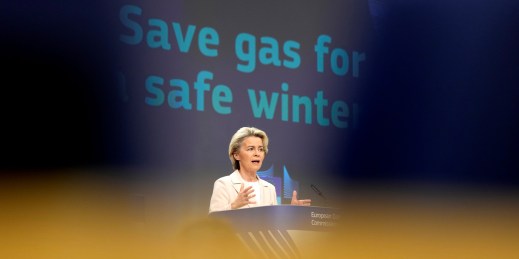
EU energy ministers adopted a natural gas price cap after months of heated negotiations, causing concern in the Biden administration and the European Commission that the cap will push exports of U.S. liquefied natural gas away from Washington’s allies in Europe and toward other countries that are willing to pay more for them.

